Home Remedies For Vertigo: 7 Proven Natural Treatments
You can effectively manage the symptoms of this condition with some home treatments.

Image: ShutterStock
Vertigo attacks are comparable to giddiness or dizziness, but they are not the same thing. While it may seem like a big issue, a few home remedies for vertigo can help you manage it over time.
Let’s start by busting some myths. Vertigo is not synonymous with a fear of heights. It’s a condition that produces dizziness and nausea all of a sudden (1). You are in balance and poised one moment, and the world around you begins to whirl violently the next. This abrupt shift in perception frequently causes dizziness, unconsciousness, vomiting, and exhaustion.
Even after a vertigo attack has passed, people are unstable on their feet for a while. In the most challenging situations, the patient cannot stand and suffers from acute dizziness for at least half an hour. In reality, dizziness is a symptom of vertigo (1, 2). Keep reading to learn about some natural remedies you can try at home to manage this condition. Scroll down!
 Quick Tip
Quick TipIn This Article
What Causes Vertigo?
Vertigo is triggered by a few conditions that can bring on frequent attacks. In a study, 80% of the population reported difficulties completing daily activities, including employment-related work, and required medical attention. The study further revealed that although vertigo affects both men and women, it’s 2-3 times more common in women and men. Also, it stated that dizziness and vertigo affect 15%-20% of adults yearly. Outlined are the common causes of vertigo. To cure vertigo, you must first address these causes:

- Low or high blood pressure
- High cholesterol levels
- Hardening of the arterial walls
- Brain tumor
- Motion sickness
- Diabetes
- Injuries to the head or neck
- Inflammation of the inner ear
- Calcium carbonate deposits in the ear
Vertigo can be categorized into two types. Let’s learn more about them in the following section.
Key Takeaways
- Vertigo is the condition that makes a person feel dizzy or unsteady and causes nausea, vomiting, and fatigue.
- Numerous conditions such as inner ear issues, imbalance in blood pressure, motion sickness, and neck issues, can result in vertigo.
- Several home remedies using essential oils can help relieve one from the symptoms of vertigo.
- Ginkgo biloba tablets reduce headache, nausea, and lightheadedness.
- By balancing the body’s energy flow, acupuncture lowers stress, and improves vertigo and dizziness symptoms.
Types Of Vertigo
- Peripheral Vertigo: This is the most common type of vertigo and develops due to an issue in the inner ear, which regulates our balance. Factors such as benign paroxysmal positional vertigo (BPPV), Meniere’s disease, vestibular neuritis, labyrinthitis, and perilymphatic fistula may cause peripheral vertigo (3), (4).
- Central Vertigo: This is due to an injury in the brainstem or brain disease. Factors such as multiple sclerosis, infection, trauma, and brain tumors can cause central vertigo. It is more severe compared to peripheral vertigo and requires immediate medical attention and treatment (3), (4).
Apart from standard medical care, a few home remedies may help manage the symptoms of vertigo. Keep scrolling to learn more.
Home Remedies To Cure Vertigo
Since vertigo causes sudden, sharp dizziness and nausea, you cannot prepare these home remedies when you are giddy. Patients diagnosed with vertigo would do well to have these remedies handy, near a side table or the foot of your bed. As far as possible, prepare the cure when you are lucid so that you can reach for it quickly when you experience vertigo. If you suffer from severe cases of vertigo, causing intense dizziness and nausea, it is strongly recommended that you see your doctor immediately.
1. Essential Oils For Vertigo
(a) Peppermint Oil For Vertigo

You Will Need
- 2-3 drops peppermint oil
- 1 teaspoon almond oil
What You Have To Do
- Mix the two oils.
- Apply the oil mixture on the forehead and the back of the neck.
When You Need To Do This
Use this remedy as soon as possible after vertigo kicks in.
Why This Works
Peppermint oil is commonly used to treat headache, nausea, and vertigo.
It stimulates and clears the head, relieving the symptoms associated with vertigo (5).
(b) Ginger Oil For Vertigo

You Will Need
Ginger oil
What You Have To Do
Apply one or two drops of this essential oil at the nape of your neck, behind your ears, and on the bottom of your feet.
When You Need To Do This
Like the peppermint oil, apply this oil when the vertigo starts.
Why This Works
Ginger
is an anti-nausea agent and is used to alleviate symptoms of vomiting, dizziness, and vertigo as well. Its exact mechanism of action is not clear, but this effect of ginger may be due to its carminativei Medical property of a substance to prevent the formation of gas in the gastrointestinal tract to prevent indigestion and abdominal pain. properties (6).
(c) Grapefruit Oil For Vertigo

You Will Need
- Grapefruit oil
- Diffuser
What You Have To Do
Diffuse grapefruit oil throughout the day.
When You Need To Do This
This simple solution can be used every day.
Why This Works
Grapefruit oil will not only leave your home smelling fresh, but it will also control your vertigo symptoms.
(d) Basil And Cypress Oils For Vertigo

You Will Need
- A few drops of basil oil
- A few drops of cypress oil
- Room diffuser
What You Have To Do
Add a blend of the two essential oils to a diffuser and breathe in the fragrance.
When You Need To Do This
You can use this remedy every day.
Why This Works
This essential oil combination increases blood flow and eases nausea, pain, and headache (7). As more oxygen reaches the brain, the symptoms of vertigo may start fading.
(e) Frankincense Oil For Vertigo

You Will Need
Frankincense oili Widely used essential oil that contains properties to protect skin cells, reduce acne and wrinkles, and relieve nasal congestion.What You Have To Do
- Place two drops of frankincense oil under the tongue when you have a vertigo attack.
- Place another drop 30 minutes after this.
When You Need To Do This
Use this remedy as and when required.
Why This Works
This remedy works well for vertigo from ear infections, stress, and anxiety. It may relieve the symptoms of vertigo by aiding stress management and calming the brain (8).
(f) Clary Sage Oil For Vertigo

You Will Need
- A few drops of clary sage oil
- Vaporizer
What You Have To Do
Add the oil to the vaporizer and inhale the vapors.
When You Need To Do This
Do this when the vertigo attack hits.
Why This Works
This oil is used for treating headaches, anxiety attacks, and spasms. It is also beneficial in giving relief from vertigo and its symptoms by calming the nervous system (7).
Caution
Clary sage oil may have adverse reactions on the skin. If you are not sure about your sensitivity towards this oil, be careful that it does not touch your skin.
2. Ginger For Vertigo

You Will Need
Raw ginger or ginger candy
What You Have To Do
- Chew on a small piece of ginger or ginger candy when you experience vertigo.
- If you experience the symptoms of vertigo frequently, it is a good idea to make ginger tea and stock it up in a container so that you can quickly drink it whenever you are faced with a bout of vertigo.
To make ginger tea, slice a ginger root into small pieces and add about two or three slices to a cup of boiling water.
When You Need To Do This
Have raw ginger or ginger tea every time you have vertigo.
Why This Works
Ginger is an excellent remedy for dizziness and nausea. Ginger’s effectiveness is backed by scientific studies and is extremely effective in treating vertigo. Giddiness is caused by inhibited blood flow to the head. Ginger candy, juice, or even raw ginger can relieve dizziness by stimulating blood flow to the brain (4). If you have frequent bouts of vertigo, consider taking ginger supplements in the form of capsules or tablets.
3. Ginkgo Biloba For Vertigo

You Will Need
Ginkgo biloba
tablets
What You Have To Do
Take a 120mg tablet per day for an adult.
When You Need To Do This
Take this supplement for eight to 12 weeks to start noticing results.
Why This Works
The Ginkgo biloba tree is one of the herbal remedies that help ease the symptoms of dizziness, nausea, and headache. Ginkgo biloba boosts the circulation of blood within the inner ear and to the brain, thus helping the body fight giddiness (9).
4. Juices For Vertigo

You Will Need
Ginger juice/carrot juice/pineapple juice/lemon juice/orange juice
What You Have To Do
- Drink a glass of any of the above-mentioned juices once a day, except ginger and lemon juice.
- For lemon juice: Add a tablespoon of lemon juice to a glass of water. Add a pinch each of salt and black pepper powder and drink this.
- For ginger juice: Grate ginger and extract the juice. Add two tablespoons of this to a cup of water and drink it. You can add a dash of honey for flavor.
When You Need To Do This
Drink these healthy juices every day to maintain hydration and to keep vertigo at bay.
Why This Works
We have already mentioned the benefits of using ginger for treating vertigo. Carrot, pineapple, and orange juice will give you the nourishment and energy to deal with the vertigo symptoms, especially dizziness. Lemon juice (in water) is excellent for dealing with nausea and vomiting because of its anti-nausea properties (10).
5. Acupuncture For Vertigo

Acupuncture, a Traditional Chinese Medicine (TCM) technique, is recommended even by Western medicine doctors for vertigo treatment. This Chinese technique believes in restoring the body’s equilibrium by regulating the energy flow in the body (11). Mentioned below are five points that, when stimulated, alleviate the symptoms of vertigo and dizziness.
- Governing Vessel 20 – Also called as GV 20, this point lies at the top-center of the head. Imagine a line going up from the top of the ear to the center of the head to locate this pressure point.
- Gallbladder 20 and 21 – GB 20 and GB 21 are pairs of pressure points located at the back of your neck. GB 20 points are located just below your hairline, on either side of the spine. GB 21 points are located at the highest point of the shoulders, directly in line with the nipples.
- Pericardium 6 – P6 is located on the inner forearm, three finger-breadths below the wrist. It is a point in between the tendons.
- Triple Warmer 17 – TW 17 are pressure points located in the depths present at directly behind the earlobes.
Acupuncture and acupressure are considered to be part of alternative medicine and should only be performed by certified professionals. Do not attempt to stimulate these pressure points without any supervision.
6. Diet For Vertigo

Following a healthy and nutritious diet is essential to healthy functioning of the brain and the body. Drink enough water during the day to ensure that all the body fluids flow with ease and do not cause any blockages that may lead to vertigo. Include these in your diet:
- Different types of fish
- Whole grain bread (instead of white bread)
- Vegetable juices
- Foods rich in vitamin B3, niacin, and potassium
Some anecdotal evidence suggests that drinking diluted apple cider vinegar with honey can also help manage symptoms of vertigo.
- Salty foods (to avoid high sodium in the bloodstream)
- Sugary foods such as candy, jelly, cane sugar, aerated beverages, pies, cakes, etc.
- Nuts like peanuts, pecans, and walnuts
- Processed meats like pepperoni and sausages
- Aged cheese such as Swiss, mozzarella, cheddar, and others
- Pumpkin seeds
- Sesame seeds
7. Exercises For Vertigo
Simple vestibular rehabilitation therapy exercises can be done daily in the comfort of your home to reduce the occurrence and symptoms of vertigo. Please note that these exercises will not cure the problem. You can also try certain yoga asanas to treat vertigo, along with meditation or massage therapy as relaxation techniques to calm your mind and body.
- Standing Upright – This exercise, also known as the Romberg, is one of the most beneficial exercises for vertigo. With a chair in front of you and a wall behind for your support, stand straight with the arms by the side for 30 seconds. Repeat this five times. The next progression of this exercise would be to stand with your eyes closed.
- Front And Back Swaying – In the same position as before, stand with your feet shoulder-width apart and arms by the side. Sway front and back by shifting the weight from your heels to your toes. Do not bend your hip. Repeat this 20 times.
- Sideways Swaying – In the same position again, lean from left to right without taking your feet off the floor. Repeat this 20 times.
Repeat these exercises twice a day. Below mentioned is an exercise that you can do when you experience a vertigo attack.
- The Brandt-Daroff Exercise – This exercise is recommended for quickly relieving the symptoms of vertigo. From an upright, seated position, move into a lying position on one side. Your nose should be pointing upwards at a 45-degree angle. Remain in this position until the symptoms subside. Come back to the original position and do this exercise for 30 seconds on the other side as well.
 Quick Tip
Quick TipJulieann Wallace, a blogger shares her journey with Meniere’s disease, emphasizing her struggle for treatment options and the eventual success of gentamicin injections, stating, “I’ve been vertigo free since 2004 (i).” She further adds, “I now have my life back. And my shadow, Meniere’s, is a small thing that follows me around, a reminder that I am a survivor and a fighter.”
Home treatments may alleviate many vertigo symptoms, but some cases demand professional evaluation and care. Scroll down to learn about them.
When To Seek Medical Help
Although vertigo symptoms can be effectively managed with home treatments, it is important to know when to seek expert medical assistance. Severe dizziness that persists for a long time, in combination with other concerning symptoms like fainting, a severe headache, or vision changes, should be treated immediately. If these symptoms disrupt your everyday activities or continue to persist after trying home remedies, that’s your cue to see a healthcare provider. They can evaluate if there is any underlying cause and offer you proper treatment options.
Infographic: 5 Effective Home Remedies For Vertigo
A sudden vertigo attack can leave you feeling dizzy, nauseous, and unstable. This can be especially challenging if you are at work or traveling. Various conditions can lead to vertigo problems, such as hyper or hypotension, high cholesterol levels, and diabetes, among others. Check out the infographic below for 5 simple home remedies that are known to be effective against vertigo.

Illustration: StyleCraze Design Team
Vertigo is not a fear of heights but a condition that triggers nausea and dizziness suddenly, irrespective of where an individual is located. Factors like fluctuations in blood pressure, high cholesterol levels, hardening of arterial walls, calcium carbonate deposits in the ear, etc. may trigger vertigo attacks. As vertigo attacks come suddenly and can be debilitating, it is recommended that you are prepared to use your preferred home remedies for vertigo at a moment’s notice. You can make use of some essential oils, ginger, and the Brandt-Daroff exercise for instant relief. Some of the other home remedies are more focused on the underlying issues that cause vertigo and need to be applied over certain periods and have a more long-term positive effect in preventing the attacks or reducing their intensity and frequency.
Frequently Asked Questions
Can Vertigo Be Prevented?
Yes! Vertigo can definitely be prevented by following the diet restrictions mentioned above. Keep the blood glucose, cholesterol, blood pressure, and your body weight under control by eating less salty, less sugary, and take vitamin supplements if necessary with healthy food.
Signs & Symptoms Of Vertigo
The main symptom of vertigo is the spinning sensation that you experience, even though you are perfectly still. Associated signs and symptoms include (1):
• Nausea and vomiting
• Headache
• Blurred vision
• Fatigue
How Long Does Vertigo Last?
It usually lasts for a few hours, but can go up to a day as well. Relief from all symptoms takes three to six weeks.
Does shaking your head help with vertigo?
There is no research that proves that shaking your head can help with vertigo.
Can vertigo go away on its own?
In mild cases, vertigo goes away on its own. However, moderate to severe cases of vertigo require treatment. Depending on the severity of the situation, your doctor may ask you to take physiotherapy sessions or even undergo surgery to treat vertigo.
Where is the pressure point for vertigo?
The pressure point for vertigo is located three finger breadths from the wrist crease or approximately an inch away from the wrist end (12).
Does chewing gum help vertigo?
Yes, chewing gum may help reduce the symptoms of vertigo in children (13). However, more studies need to be conducted on adults to understand the association further.
When should you worry about vertigo?
If you experience symptoms like dizziness over a prolonged time, chest pain, or severe headache, seek medical attention immediately.
Vertigo is an invisible disease. People around you cannot see it, but you experience it, so you know how it feels. Don’t let yourself go through the hell that’s vertigo. With these simple home remedies and tips, you can now kick vertigo out of your life for good.
Illustration: Home Remedies For Vertigo And Treatment

Image: Stable Diffusion/StyleCraze Design Team
If you are dealing with vertigo and looking for some relief, then check out this helpful video that covers simple and natural remedies that you can try at home to treat vertigo.
Personal Experience: Source
StyleCraze's articles are interwoven with authentic personal narratives that provide depth and resonance to our content. Below are the sources of the personal accounts referenced in this article.
i. My Shadow – Meniere’shttps://myshadowmenieres.blog/2025/09/22/its-my-life-my-illness-please-let-me-choose-my-treatment/
References
Articles on StyleCraze are backed by verified information from peer-reviewed and academic research papers, reputed organizations, research institutions, and medical associations to ensure accuracy and relevance. Read our editorial policy to learn more.
- Vertigo
https://www.ncbi.nlm.nih.gov/books/NBK482356/ - Clinical Methods: The History Physical and Laboratory Examinations.
https://www.ncbi.nlm.nih.gov/books/NBK228/ - Peripheral vertigo
https://www.ncbi.nlm.nih.gov/books/NBK430797/ - Central vertigo
https://www.ncbi.nlm.nih.gov/books/NBK441861/ - Peppermint oil in the acute treatment of tension-type headache
https://pubmed.ncbi.nlm.nih.gov/27106030/ - The Amazing and Mighty Ginger
https://www.ncbi.nlm.nih.gov/books/NBK92775/ - Clinical Aromatherapy
https://www.ncbi.nlm.nih.gov/pmc/articles/PMC7520654/ - Biological activities of frankincense essential oil in human dermal fibroblasts
https://www.ncbi.nlm.nih.gov/pmc/articles/PMC5801908/ - Treatment of vertigo: a randomized
double-blind trial comparing efficacy and safety of ginkgo biloba extract egb 761 and betahistine - Citrus limon (lemon) phenomenon—a review of the chemistry
pharmacological properties - Acupuncture: Effectiveness and Safety
https://www.nccih.nih.gov/health/acupuncture-effectiveness-and-safety - P6 acupressure effectiveness in patients with acute vertigo
https://www.ncbi.nlm.nih.gov/pmc/articles/PMC3904529/ - The pharmacological treatment of pediatric vertigo
https://www.ncbi.nlm.nih.gov/pmc/articles/PMC9139449/
Read full bio of Dr. Lana Butner
Read full bio of Kushneet Kukreja
Read full bio of Arshiya Syeda
Read full bio of Dipti Sharma







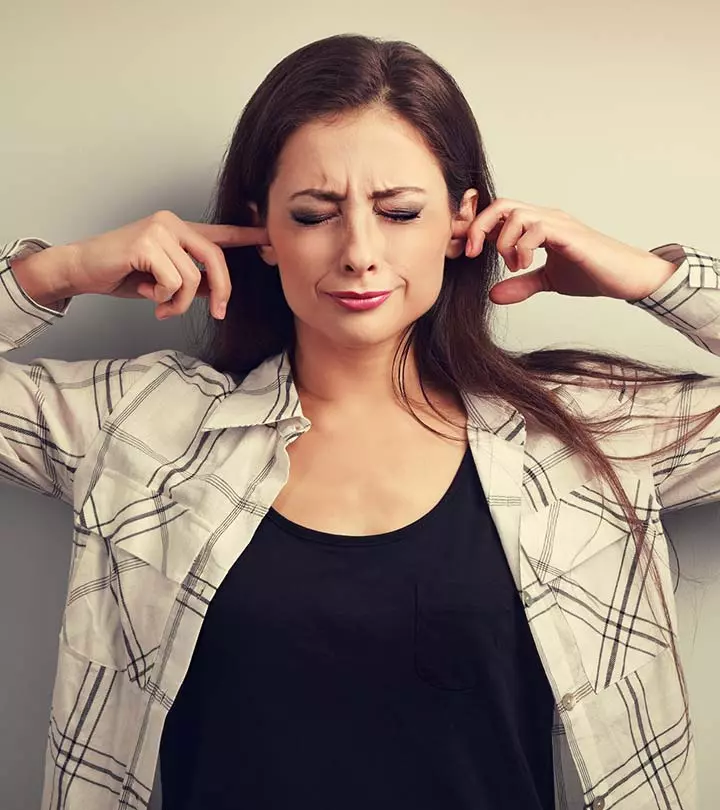


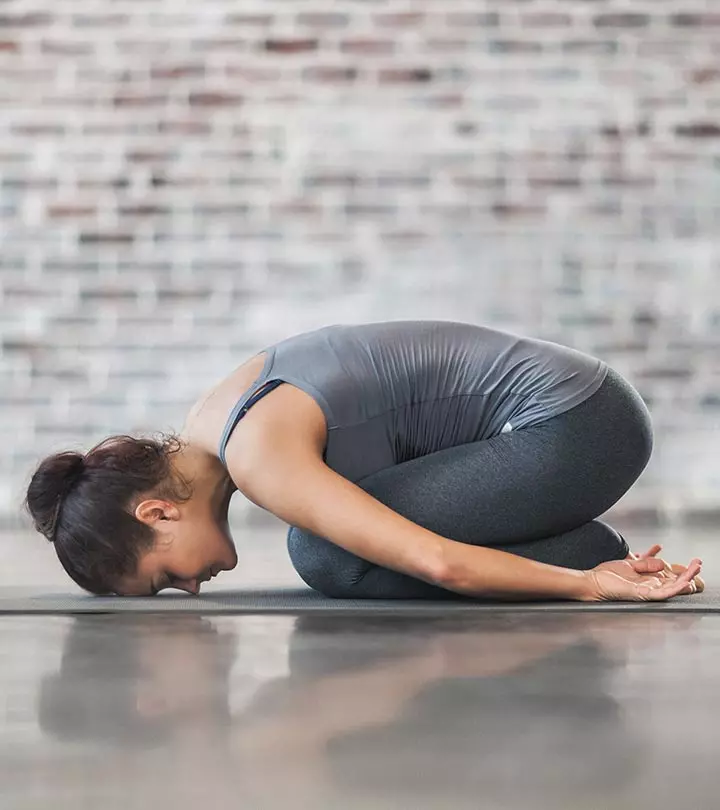
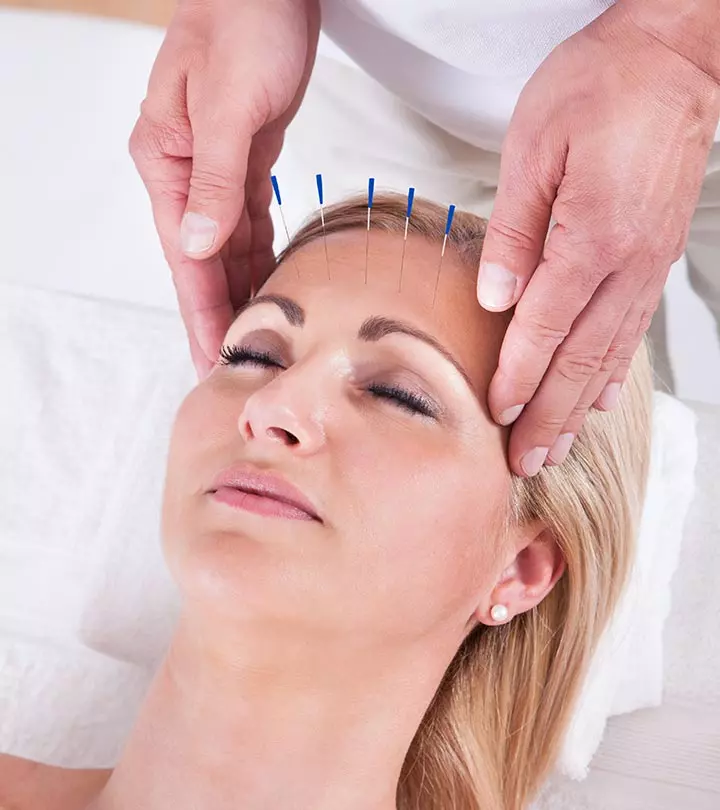

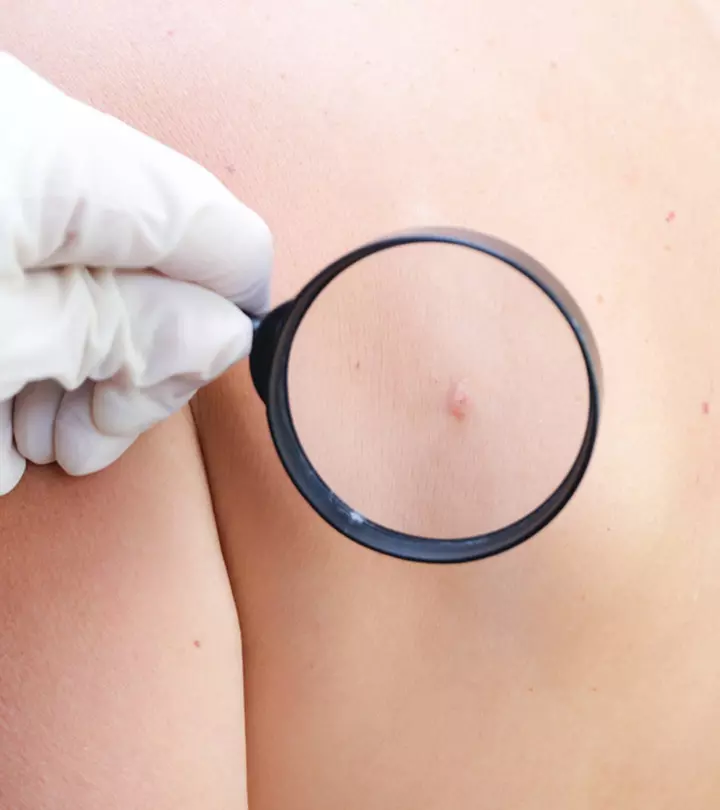
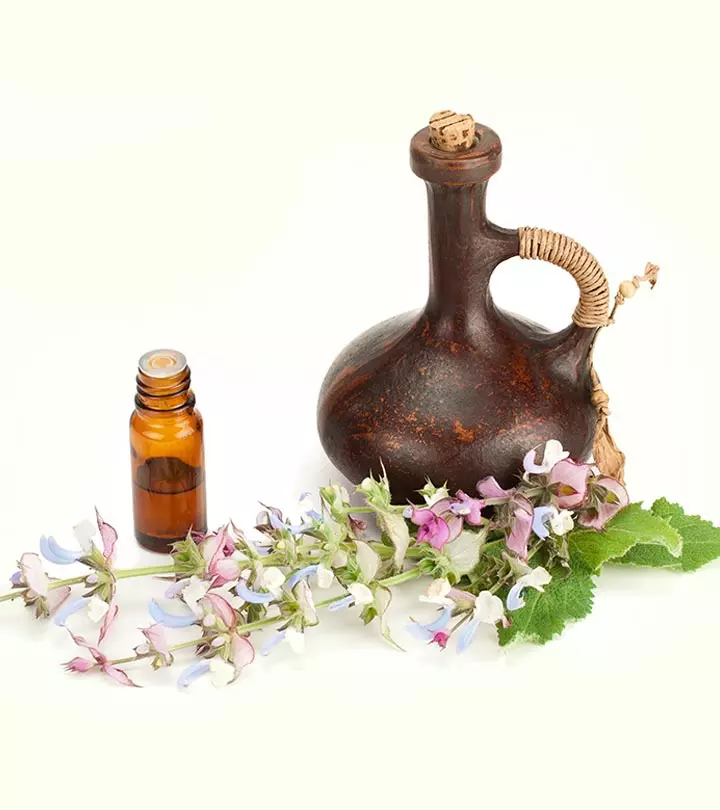


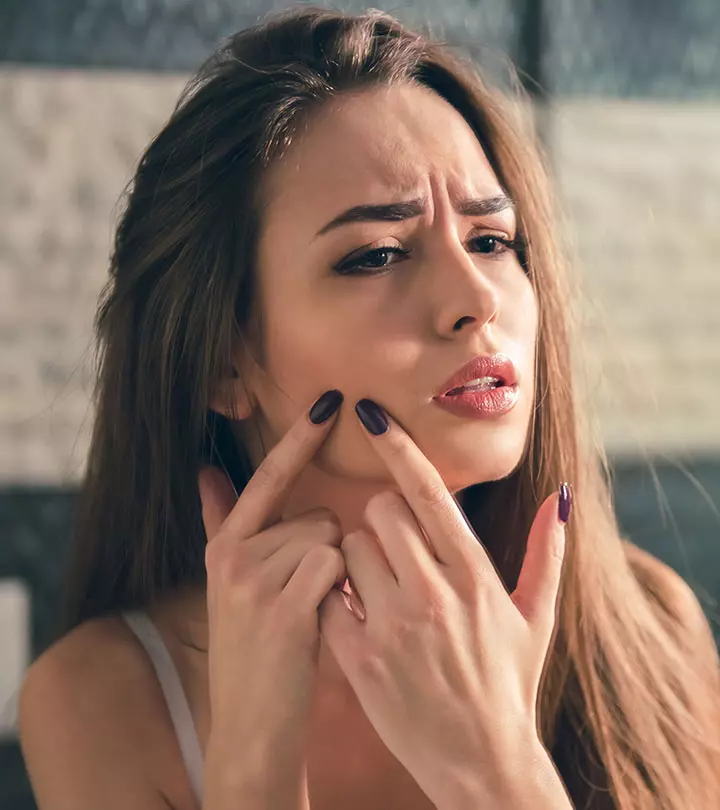




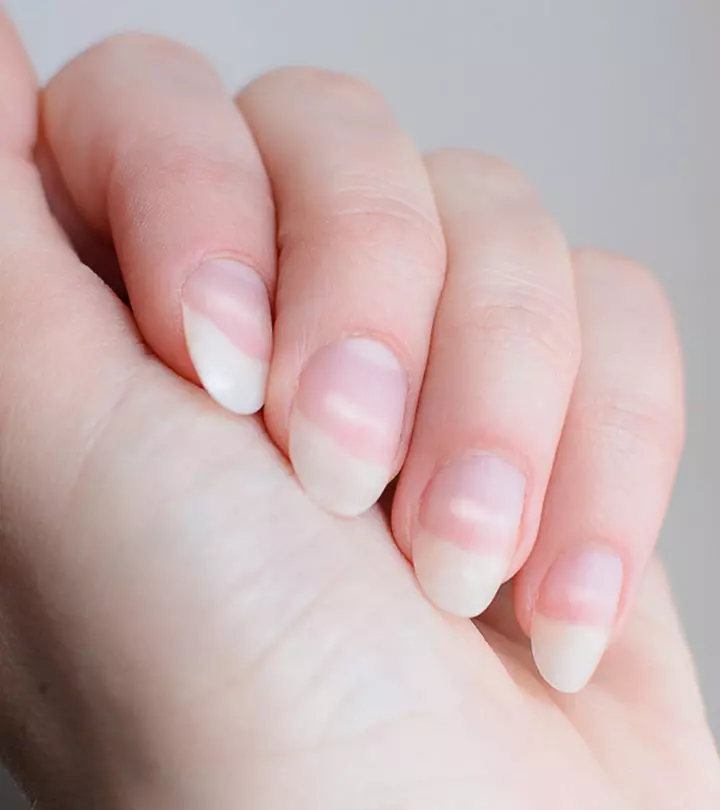
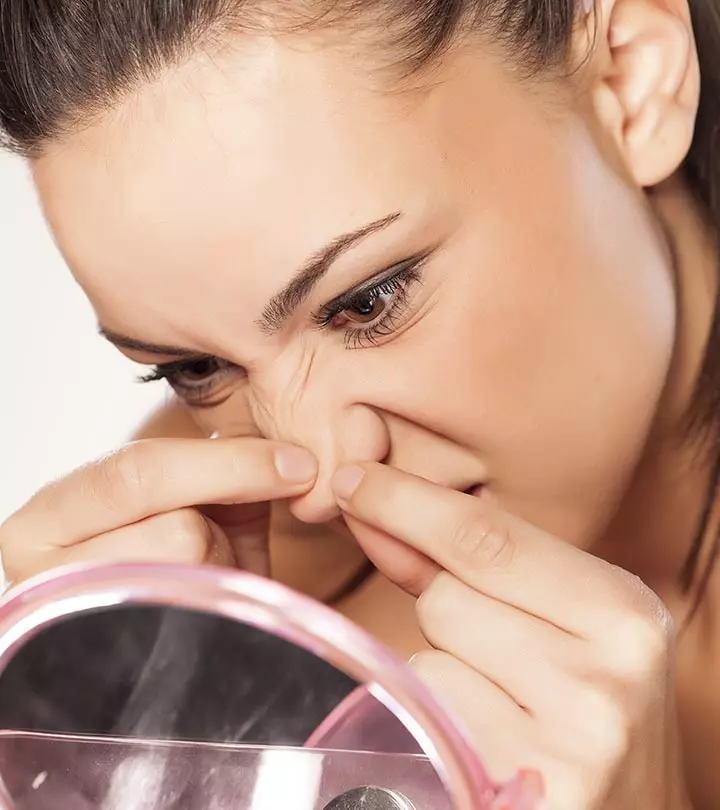
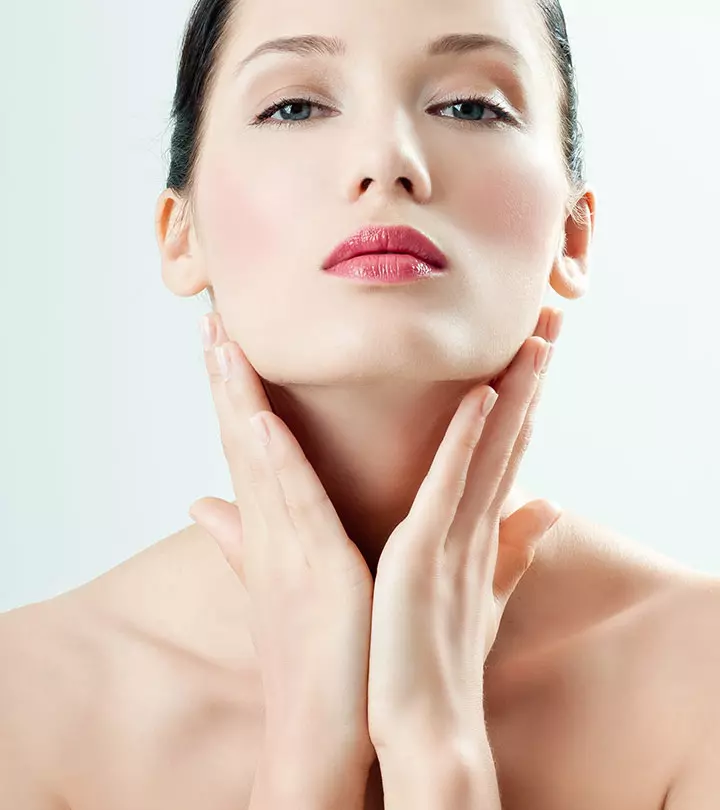

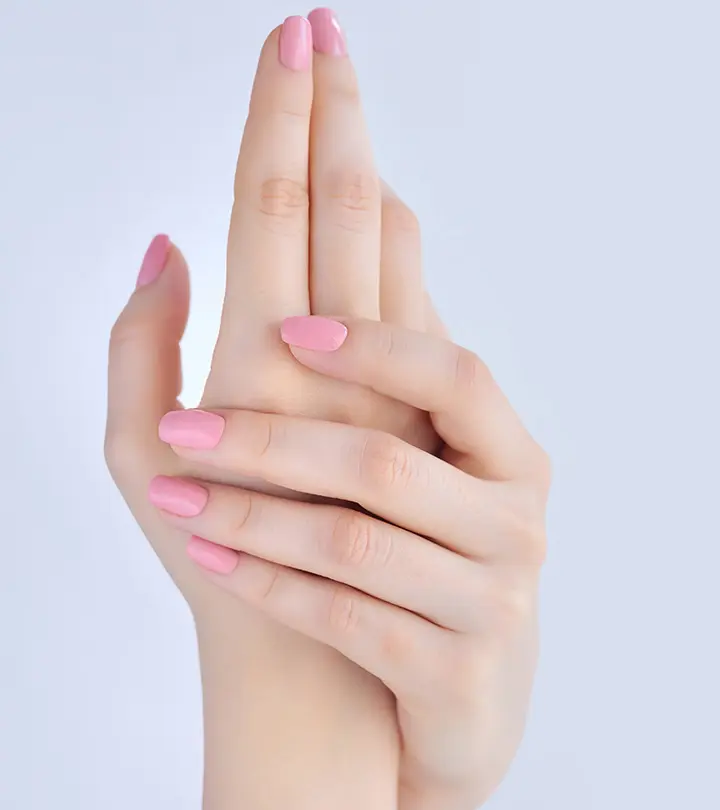
Community Experiences
Join the conversation and become a part of our empowering community! Share your stories, experiences, and insights to connect with other beauty, lifestyle, and health enthusiasts.